Transcription
Jordan Hansen: Hello and welcome everybody to the Beyond Banks Podcast. This is where we talk to leaders that are transforming small business funding across all of the nation with all different kinds of technologies. I'm your host Jordan Hansen, and today I would like to introduce Jay Avigdor from Velocity Capital Group, A CEO, who started from having $17 in his bank account to having a multi-office alternative lending up.
In this episode, you'll discover how Jay built his company from the ground up. Why he believes you need to know it, don't want it to truly succeed in this business, and how his company processes deals using proprietary AI that analyzes everything from a business owner's hair color to their deposit patterns, to predict deal performance with 93% accuracy on defaults.
Let's dive in.
Hello everyone, and welcome. I'm here with Jay from Velocity Capital Group. Hey Jay. How you doing?
Jay Avigdor: How man? Good.
Jordan Hansen: Just to begin with, I wanna know more about your background. So you're with Velocity Capital Group. Now. I'd love to hear more about, you know, kind of your background and what got you into Velocity Capital, uh, you know, what did you see that made you think, okay, yeah, this is the time for me to start this now?
Jay Avigdor: You know, to give a really short breakdown. I started in 2000 and I believe it was 2009. The, the kind of, the short story was I was working at a company and I was one of their first hires, and I sat with the person who was supposed to train me At that time, I was young, I was like around 18 years old.
Really long story. But what happened was, is that after a few days I said, I'm ready to start pitching and selling myself. And they said, you know, no, you need another week and a half to two weeks to train. And I said, I'm not waiting. That long. So what I did was, is, uh, I went home, I was actually living at my grandmother at the time, and, uh, basically she, uh, she kind of convinced me.
She said, just do it yourself. So I took my laptop, I took my headphones, I went online, I, you know, printed out, you know, online, generic, you know, application. Because that, in that time I was, you know, doing direct sales for that company. Basically I took a, a screenshot of their website logo. I put it on the application, printed a PDF.
Next day I took the bus. I'll never forget, I had like 17 bucks and change in my bank account. I was dead broke. Um, and basically I kind of. Cop the, uh, the yellow pages from the bus stop and just went to their office, sat on the disgusting green carpet and just day after day was just hitting the phone book.
And, uh, one day I get a call from a gentleman named Cameron, I'll never forget his name, who was my first and ever merchant, got an approval and, you know, funded it the next day. Um, I got my commission check and uh, all of a sudden a desk opened up with, you know, two screens and a lead list and kinda The rest is history.
Jordan Hansen: Huh? They were like, no, you're not ready. And you're like, nah, I'm gonna do it anyway. I'll just do it myself.
Jay Avigdor: I really, I had confidence in myself. Right. I, I wasn't squeamish, I wasn't afraid and nothing to lose. I was young and dumb at that point. Uh, and I really had nothing to, you know, I had nothing to fall back on.
So I was like, I'm just gonna go head deep and see what happens.
Jordan Hansen: Oh, that's awesome. That's an inspiring, an inspiring story. So that's how you started in the industry. And then, you know, you kind of grew, kept working in the industry. What kind of took you from there to where you are with, to the start of velocity?
Jay Avigdor: So, yeah, so, um, I left, uh, that company back in 2017, end of 2017. And, uh, I wasn't happy, you know, to say the least. Uh, I left there without a. My wife was eight and a half months pregnant, freaking out that I had left, um, you know, mortgage to pay, bills to cover, et cetera. And, uh, she said, you know, one day, and I, I did a video on it, but you know, the next morning she like nudged me.
She's like, get out. I'm like, get out. We can get, she's like, you're not gonna sit here moping. Get out, go do something. I don't care what you do, but go make something of yourself. And I just, I went to my friend's office, got the wifi password, just looked up on Google. I was like, you know what? I know the industry.
I looked up synonyms for the word speed, right? I really had no clue if you know I was gonna be a broker, if I was gonna be a, a direct funder. I didn't know if I was gonna have a consultancy or if I was gonna open a car dealership. I had no clue. But I just said, you know what? I know this space. I've been doing it for a while.
You know, let me just do something, right. Let me, uh, find a company name. So I looked up synonyms for the word speed, found the word velocity, played with it. Velocity Capital Funding. Velocity Capital Funding Group. Right? And I just came up with the name, velocity Capital Group. Loved it. Opened a Go Go Doty account.
Uh, started, you know, opened up a DocuSign account. I had an old ISO agreement. I reworded it and I just forwarded it to a bunch of people and. Kind of the rest is really, really history.
Jordan Hansen: So you kind of set yourself up as a broker, right. Then immediately just saying, Hey, whatever. I'm gonna work this out.
Kind of massage this ISO agreement, sent it out. And then the people, they approved you and you started selling.
Jay Avigdor: Really? I mean, I, I had a first, the first 30 days of DocuSign as a free signup. So like, I just threw a template in, had a pre-written message. And I would just do copy paste, copy paste, copy paste, copy, paste, and I sent out to, you know, all the ISO emails I could have found on the market and online, et cetera.
I bought one or two lists of ISOs and I said, lemme just start something, whether it's, like I said, a super broker or a broker or a funder. I wanted to see what. Trade feedback I can get, and the feedback was incredible and I, I went from a spare bedroom folding table to literally having an office within a month to then switching offices because it wasn't big enough within six months to opening up a second office within 12 months to having five offices.
Jordan Hansen: You make it sound easy. No. I mean, do you think anyone could do this? Like what's the difference? How much timing? Tell me how could you do this?
Jay Avigdor: So, so it kind of ties into, um, I'm writing a book right now. A book is called Need It Don't Want It. So you, the uh, the book cover so you can put it up. It, it's kind of the art of my stress and my, I guess stress and success.
Uh, it's truly about needing to be successful versus wanting to be successful, right? If you need to be successful, you'll make it happen 'cause there's no other choice. If you wanna be successful, if you have it, great. If you don't have it, you know, let's just say Mommy and daddy are gonna pay for the bill, right?
Versus, you know, your mortgage is about to, you know, go under or your car's about to get towed because you haven't paid the note. So it's really the art of the necessity to be successful. And it's a true mindset. So my mindset every day is not what can I, you know, make more money and what can I do? It's how do I grow?
And at a certain point you stop thinking about the money and you think just about the growth and the money comes through the growth. And it's not how much money did I make today? No, it's how big did we get? How did I help my team and my employees get to where they need to be to make the money that they need?
'cause if they make money, then we make money. So it becomes a difference of a mindset. And then you look at, you know, the cost of each employee, right? If I'm bringing on an employee for a hundred thousand dollars a year and they're gonna make us $400,000 a year of growth, it's worth the investment. So we've just used simple mathematical equations of.
Just simple growth and by doing so, it's allowed us to truly grow and expand exponentially.
Jordan Hansen: So your book called Coming right? Not finished yet, but we are working on it right now. When is it gonna be released?
Jay Avigdor: January of 26th please. Got January 26th.
Jordan Hansen: So need it. Don't want it. With that mindset. Would you recommend it?
Let's say there's someone young coming onto the scene, they see Jay and they like, I wanna be like. Would you recommend? You just gotta bird the boats just like, you gotta make, put yourself in a position where you're gonna have to know it, not just want it.
Jay Avigdor: You said something before you said, you know, this is easy burden it, it's not, you
Jordan Hansen: make it sound easy.
Jay Avigdor: Well, yeah, because that's kind of my job, right? It's time. You know, you know, I, I always tell the employees and my head staff, I tell 'em, I said, you never let the children know that the parents were fighting, right? Yeah. So you have to kind of keep this, you know, persona that everything's just hunky dory. Uh, you know, we've, you know, part of the book is, is talking about all the pitfalls, all the problems.
We had COVID, we had bad employees, we had a, you know, employees trying to potentially do a hostile takeover and steal all of our team and steal our, you know, everything. Uh, we've had COVID that prevented us from actually operating right. We couldn't have people in the office. There was no business fund.
'cause all those businesses were shut down as a mandate from the government. And then you also have, you know, wonky lines of credit that, you know, put us into weird situations and bad investment partners that didn't do much. And, you know, the list goes on and, and, and technology that didn't work correctly when it began.
So there's a lot of things that happen and a lot of hurdles and a lot of, uh, stumbling blocks that happen. And that's not just for this industry, but many industries, right. When you're as a funder. We're combating, you know, dealing with employees, underwriting speed. We're dealing with, you know, debt consolidation.
We're dealing with facilities, we're dealing with, you know, speed to automation. We're dealing with CRMs, we're dealing with, there's a thousand moving parts, collections, legal, right? So there's a thousand pieces moving, and that really goes for every business. Whereas if it was that easy, then everyone would do it, right?
Versus you have to understand, and one of the chapters in my book, it's called Chewing Glass. Right. Chewing glasses as a business owner and a CEO need to understand that you are hiring people that are the a, a plus B, B plus students that are the Harvard graduates, the Columbia graduates, the high end, the Ivy League school graduates, but when they don't know what to make a decision on and they can't make that decision and are they don't know what to do, they're coming to you and you might be the D minus student, right?
But at the end of the day. They're coming to you for those hard decisions and they're not fun decisions to make. It's a kind of a collaboration of all the garbage that nobody wants to do, and you have to make that decision. That's why being a CEO most of the time is chewing glass. 'cause you have to make the decisions and you have to talk about and facilitate and do the things that no one else wants to and or can make those decisions.
So business is not supposed to be easy. Being an an operator and an owner is not supposed to be easy. 'cause like I said, if it was.
Jordan Hansen: Everyone,
Jay Avigdor: everyone would do it.
Jordan Hansen: Okay. So tell me more about technology. Like I already from the little, we've talked and when we talked before, I could tell Velocity is a company that feels strongly, um, with modern technology using it.
How do you feel like it's shaped Velocity Capital Group and how do you feel like it's transforming the business of, of the Financ business financing the future of business financing?
Jay Avigdor: Interesting. I mean, we, we use a, a bunch of different technologies. Um, some are automation. We have email automation. We have.
You know, our proprietary system in CRMs, uh, I think that one of the main things that has really changed lives, and, and I, I know it's talked about a lot, but when you're talking about ai, you know, people don't truly understand what it can potentially do. You know, for us, when we would look at a deal and we would say, okay, tell me everything there's to know about this business.
Right. If I were to tell you as a, let's just say as a pricer, let's just say they're gonna have to Google search and they're gonna have to look up the business and look up the background and the liens and the judgements and the, and the, the, the payment histories and the credit. Right? So there's a thousand different, uh, you know, options that you can kind of choose from.
It's gonna take time, right? This is called merchant, you know, cash advance or revenue based finance, right? It's not called merchant funding next week. It's, it's, they need it now, right? So. When I say that automation and AI has eliminated a lot of the guesswork, it's eliminated a lot of the necessity for human entry, for human data review, and it kind of helps you filter and kind of pinpoint the deals that you wanna see, whether it's revenue based finance space, equipment finance, factoring, bank lending, et cetera.
Anybody in finance who isn't utilizing some semblance of AI and or automation to speed up their process such as auto decline, features and auto approval based on you given. Approval three days ago and nothing has changed and or it's an industry you don't like, kick it out automatically if it doesn't meet the FICO score automatically.
Right? If you can filter out the, the kind of the fat from the top, you have the ability to be able to then focus on kind of the, the cream filling and you can then say, well, I can bring in more volume, more cream off the top and then get to the cream filling each time. So the more volume you get, you realize and as the larger you get, it doesn't matter how many humans you bring in, the humans will always be slower than automation.
With the automation, interestingly, you then need more pricers because the automation is going so quickly, it's kind of piling up. So it actually helps grow your system, but forces you to actually hire more human integration when necessary for, you know, human pricing.
Jordan Hansen: Yeah, I love that. You know, we're a software company myself, and we're heavy into automation technology.
So what you're talking about that like music to our. You've talked about how it's kind of helped you so far and kind of what it's doing currently, but I already know you're a big proponent of ai. What do you think is gonna happen in the next few years with ai and how is that gonna revolutionize and change the business?
Jay Avigdor: I, I think that it can help but also hurt in a, in a sense, right? You, you're gonna see that people are more focused on like AI agents, which can, right now, you know, yeah, they can call a merchant on your behalf or they could speak to somebody on your behalf, but you're losing a little bit of human element.
I think that there's always gonna be a necessity for human element, but. When you're talking about utilizing AI doesn't mean getting rid of humans. It's saying, well, the humans still have to facilitate the technology. They have to, you know, fix it where there's problems they have to constantly talk to. If a merchant wants to talk to somebody, they're not just gonna be like, well, I have a situation of, uh, my grandmother passed away and I have to go to the funeral.
Then next week I can't make the payment. The, the AI is not gonna know where to go with that, right? So you still need a human element. Somewhere. I think what the AI is gonna do, and it is already showing, is that it's helping businesses expand and grow their platform while still ke, you know, keeping majority of their human, uh, element.
I do think that, you know, data entry is gonna be gone and, you know, we've had jokes around here that because of all the AI automation and the softwares out there, you know, third world countries might become fourth world countries. And in retrospect, I think that it's already out there. People are utilizing it.
As you expand, you realize that you don't need to upload each and every document. You don't need to rename each, you know, single document that comes into your system. You don't need to manually upload each signed contract, right? If you are able to automate the process and get through deals faster, you have more time to get through more deals.
AKA, you have a higher yield per year.
Jordan Hansen: So it's been what, eight years? Eight, eight years now. Right. That you've been with Velocity and have built this company. You wanna talk about like a, a specific moment or deal that you feel like, especially like you're proud of your team has done or, or you, uh, have, have done over there at Velocity Capital Group?
Jay Avigdor: Not in particular. I, I think what we focus on heavily is. The internal data. So one of the things that we have that we utilize often is, you know, the past transactional information. So deals that we funded in the past, the demographic details where they located, age of the business owner, upwards of hair color, eye color, height, weight, uh, you're talking about zip codes, counties.
Street addresses, et cetera, and we kind of understand exactly the full picture of a small business owner. Where are they being Depo, where are they depositing their money? How often are they depositing the average ledger for that industry in that state, county, and zip code? And we're kind of utilizing that full picture information of position and all the others.
And then they saying, let's go back to the past. Show me deals that are exactly like this, and how did they perform? Right. 93% of the time, this exact breakdown, your 73 examples, those deals defaulted, right? So we're utilizing past transactional data for current transactional funding, and I think that that's really what truly separates us.
Besides for, you know, the mass automation that we have, uh, and the software we've created over the past, you know, eight plus years, um, it's given us not just a leg up on competition, speed to automation, but also better performance because of the data.
Jordan Hansen: This has been great, and I really appreciate your time, Jay, but I wanted to end with, uh, like a final question in the MCA and the alternative finance space.
Sometimes I, you know, I work with people like you. Uh, you know, when you work with people in this industry all the time, the majority of everyone I talk to, they're amazing. They wanna help the business owner. They are helping this, this industry, this merchant. But oftentimes they get like a bad. You know, this industry sometimes gets a bad rap, and there you see regulation coming because of that.
Right. So I would like to know more about your thoughts about regulation in general. What do you think like the industry is, the landscape's gonna look like in the next three to five years, uh, with regulation and compliance scrutiny coming out? And, and maybe just your thoughts in general on MCA just gets such a bad rap.
Like I talk to people that, hey, say, hey, yeah, I'm working with people. And they're like, oh, that's. It's kind of a, a shady side of the business and I'm like, you need to talk to these people. There's so many people that are like, like you that are really upstanding. They're helping business owners. If they didn't exist, so many businesses would fail.
Jay Avigdor: Yeah. So, so I'm glad you asked that. So on my social media where we do videos, it's um, at J Victor and the whole purpose of us, you know, creating this whole video content is to kind of help normalize the space, right? Like you said, there are some good people and there are some bad people, but you have to understand that Jordan, in every space.
Right.
There was bad people. Right? There's bad apples in real estate. There's bad apples in nursing homes. There's bad apples in construction. There are bad apples everywhere. The question is how many bad apples are attracted to one particular industry? We don't know. But you know, people like to highlight the bad apples, and they don't, they don't put the good apples on a pedestal.
Right? And that's where, you know, when it comes to negativity, everyone thinks that everybody's there and everyone's out to kind of screw them over. It's not the case, right? As, as a, as a, as a broker or as a funder, you need to align yourselves with. Trustworthy people that you see that you can do a longevity type of business with and, and have a long-term relationship with and align.
Yeah. Just because you have a deal and the deal that gets declined from everybody doesn't mean that you should be submitting and getting to bed with, you know, the bottom of the barrel. You know, if a, if a company doesn't have a website, it doesn't have online reviews, doesn't have a, a social media presence, doesn't have all that, you shouldn't be talking to them because they don't really have much to lose.
Right. So, right. So you can't write a bad review 'cause they don't have anything online. All said and done, regulatory scrutiny is coming. As you can see. I mean, back in my day when I started, you know, if we got a 70 day deal, we were jumping for joy. Right? How'd you get a 70 day deal? That's crazy. Now you know, that's really kind of bottom of the barrel.
And overall, when you're looking at a space that has now disclosures and state mandates in California, Rosenthal acts and you have certain specific, you know, specific states that are coming out, like Texas, et cetera, you know, the regulatory scrutiny is actually eventually going to help the space get rid of kind of the, the garbage, right?
And all the problematic issues when it comes to people creating those problematic issues. It's going to deter them away because it's. It's no longer willy-nilly, right? It's, it's more, you know, structured standard. I mean, that's why, you know, velocity is part of the RBFC and, you know, we're proud of that and we, we focus on helping small businesses.
We don't wanna hurt them. I was actually looking up the other day based on how much we've done, how much we funded our operations, et cetera. And it says that we've created over 25,000 jobs in, in, in the world. So, you know what? People can say as much as they want, but when you actually look at a deal and you actually calculate the formula, people think that we're making handovers.
This. And the fact is, if you're doing a deal at even a one four oh, and then you have to pay 10% commissions, you have sales commissions, you have over expenses, you have cost of capital, you have default ratio. The real money isn't made on that. It's made on long-term recurring, you know, compound. Yeah. And compounding your money in and out.
Right? Payments out, payments in. You don't make a lot of money deal one. So people thinking that it's just, you know, a stummy business or a boiler room, or people cheating. Yeah, there are people like that unfortunately. And we hope that regulation and these disclosure mandates and, you know, these type of, uh, regulatory scrutinies come in and they kind of rinse 'em out.
But no matter what, it doesn't matter what industry you're in, there are always going to be bad apples. And we hope that this type of regulatory, uh, scrutiny will, you know, wash out any of the bad, uh, as you can start seeing like, you know, the debt consolidation that was happening years ago was out of control.
And now a lot of it has kind of subsided, uh, a lot less. And that's because of the fact that real people are coming in and. Regulations coming in and it'll stop a lot of this and get rid of a lot of the trash that's out there.
Jordan Hansen: Yeah. Well, I appreciate your time, Jay. Thank you so much for coming on today.
Jay Avigdor: It was a pleasure.





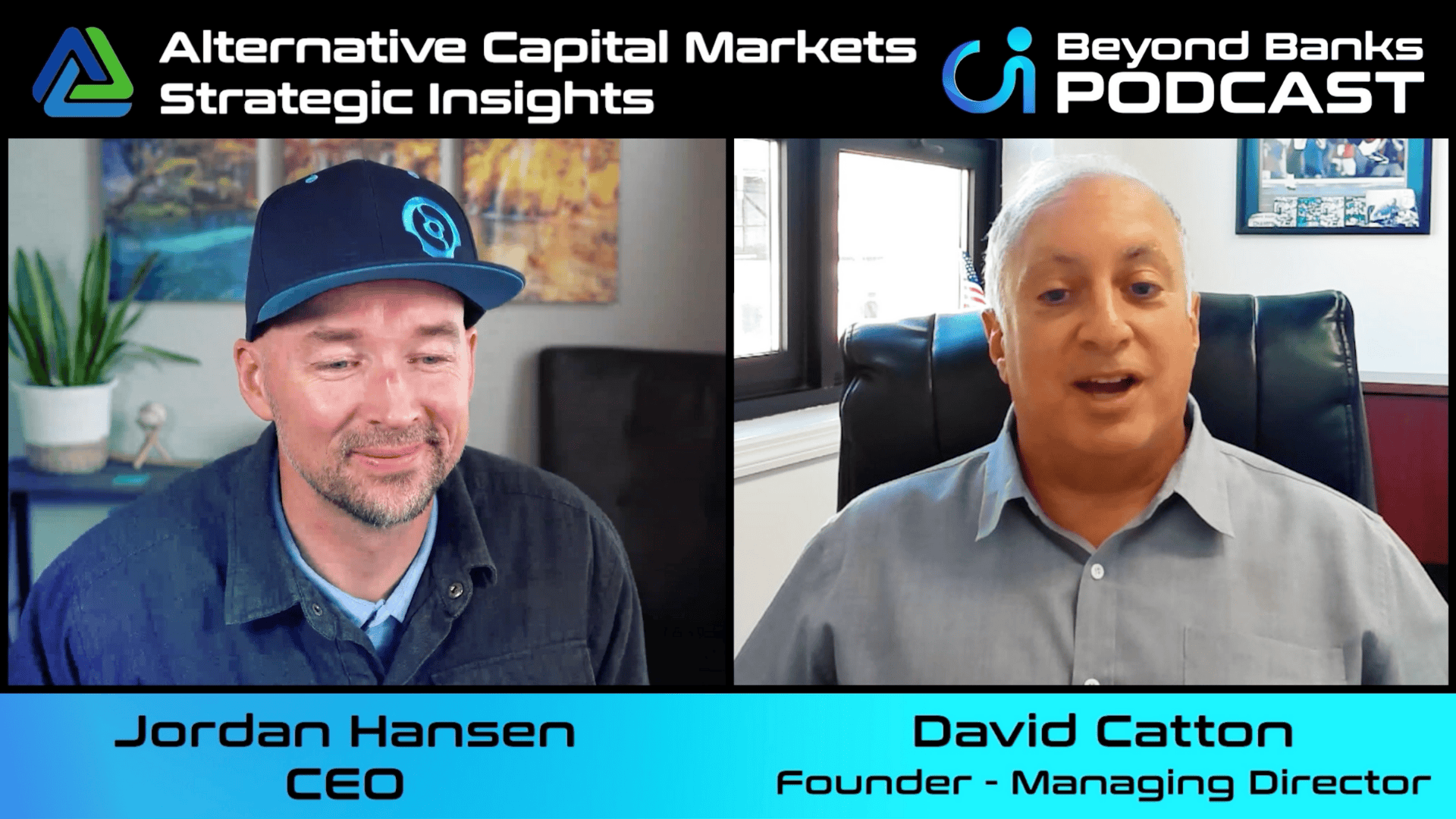
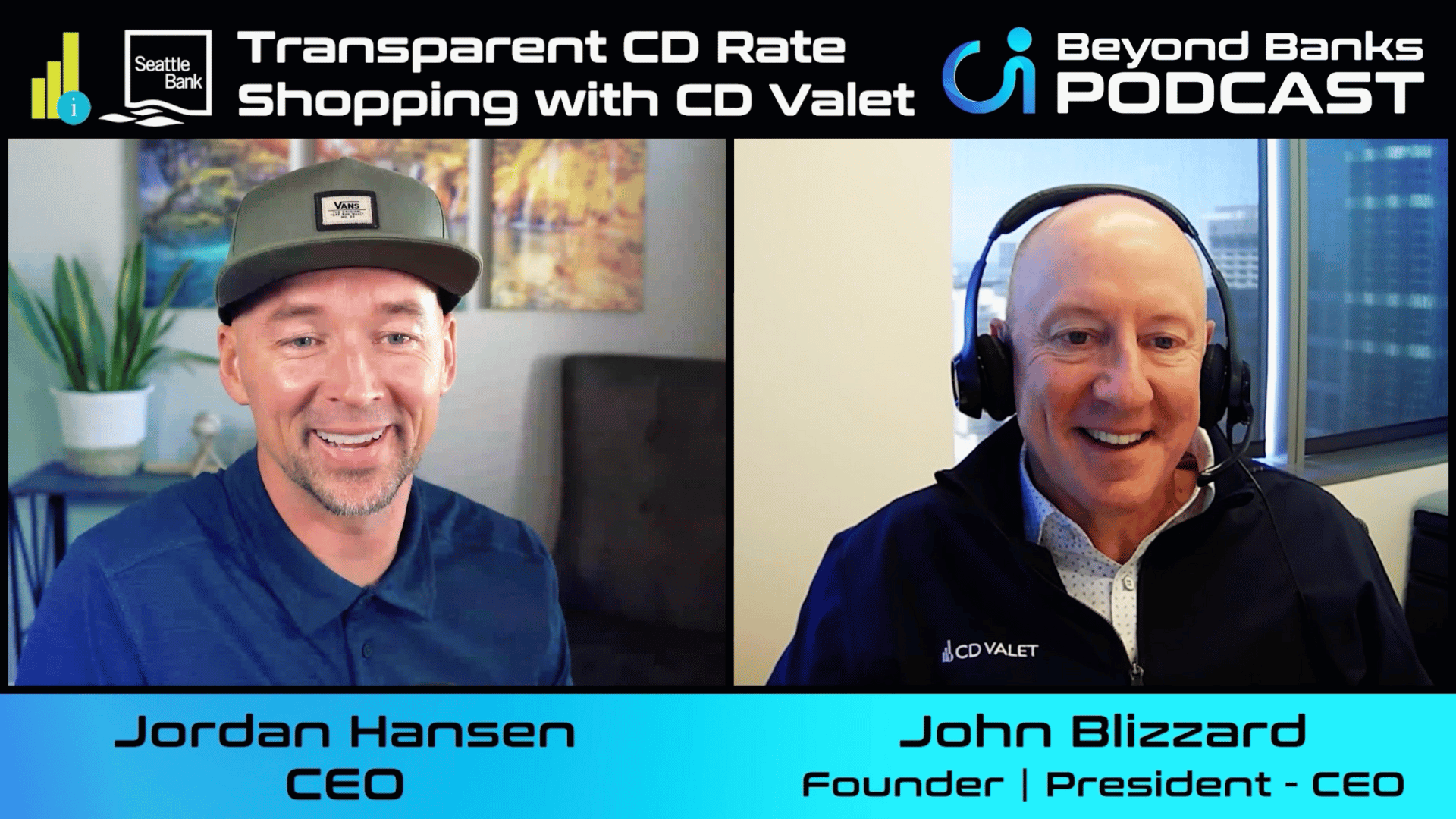


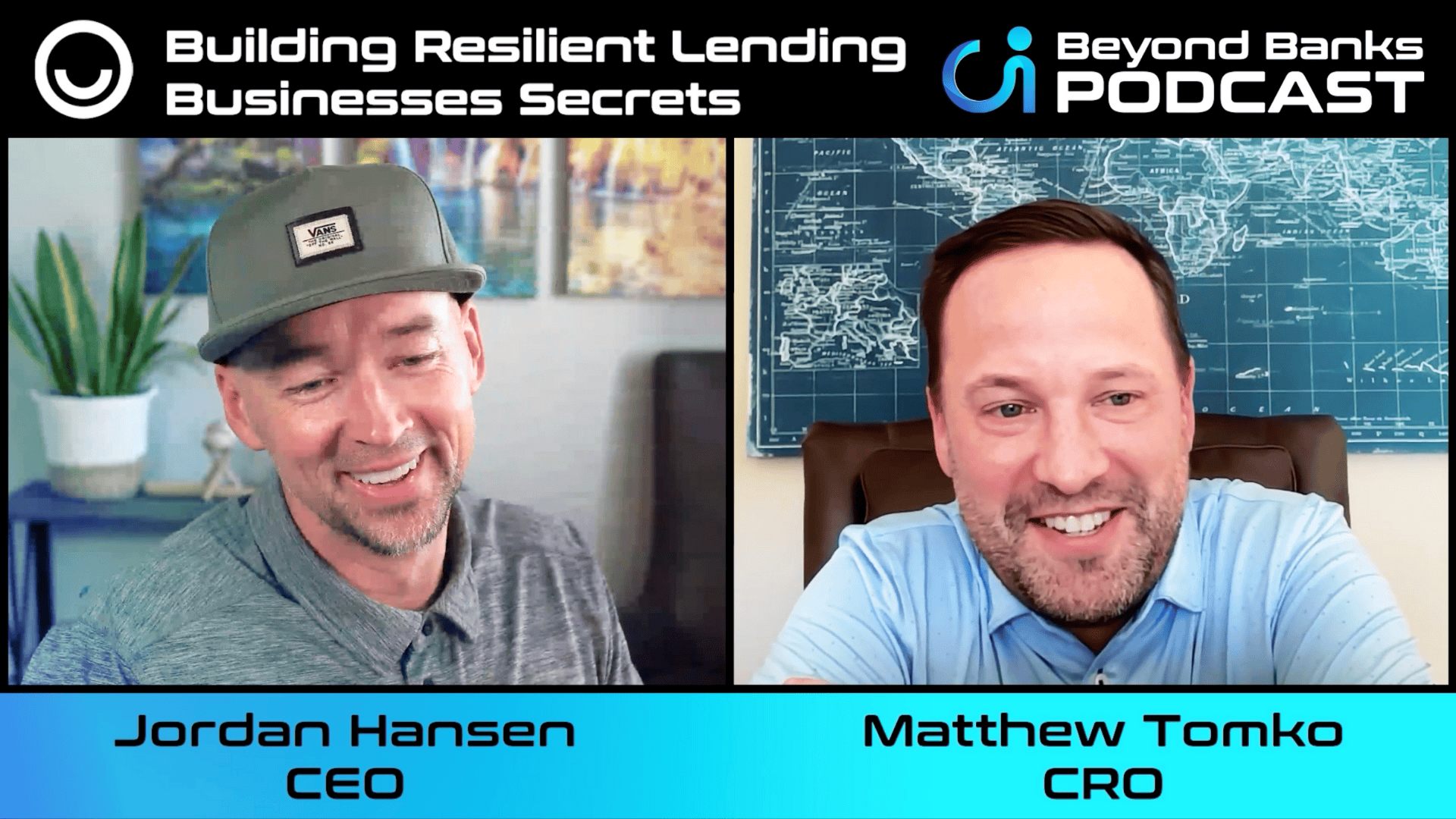

.png)
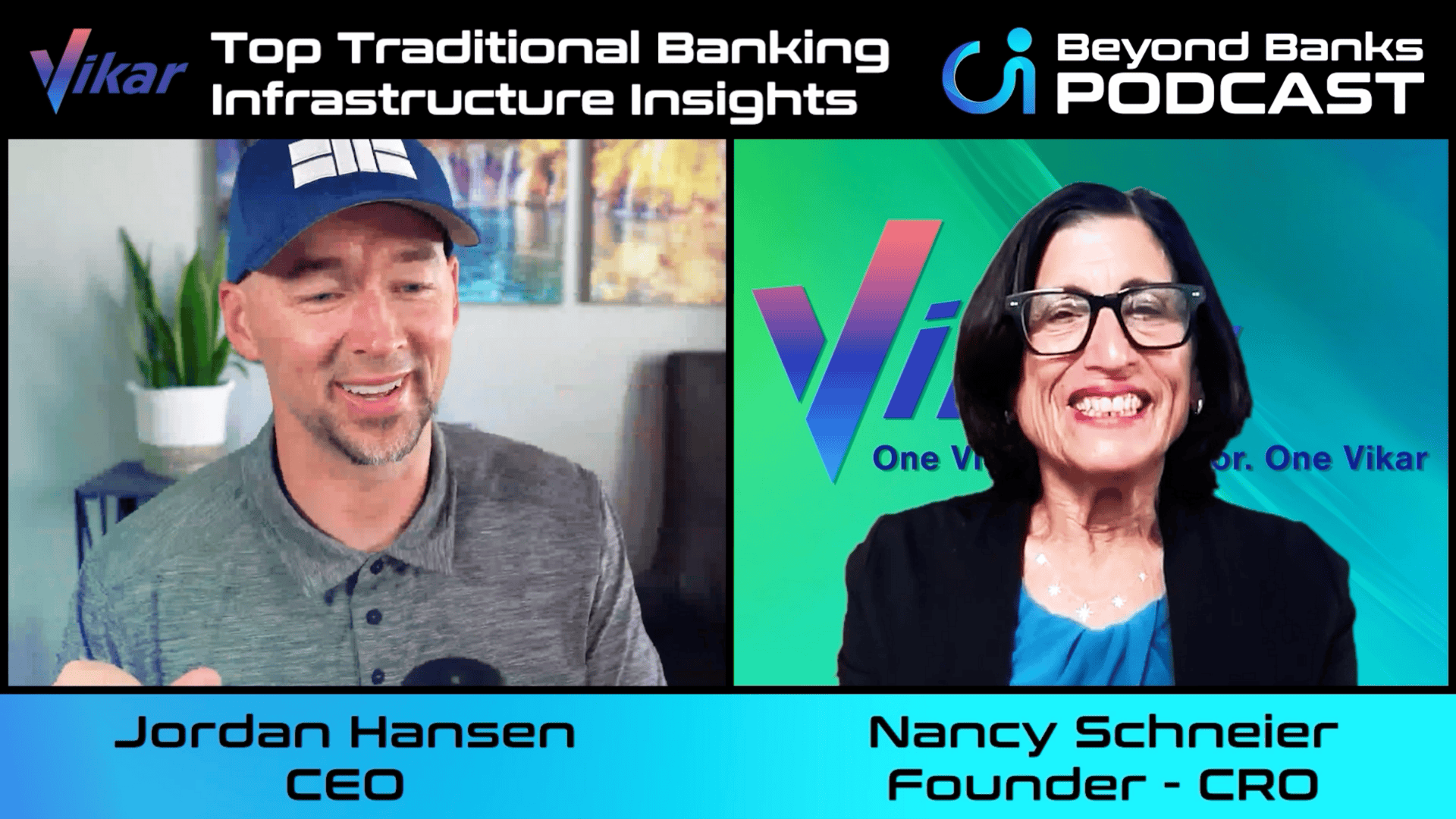
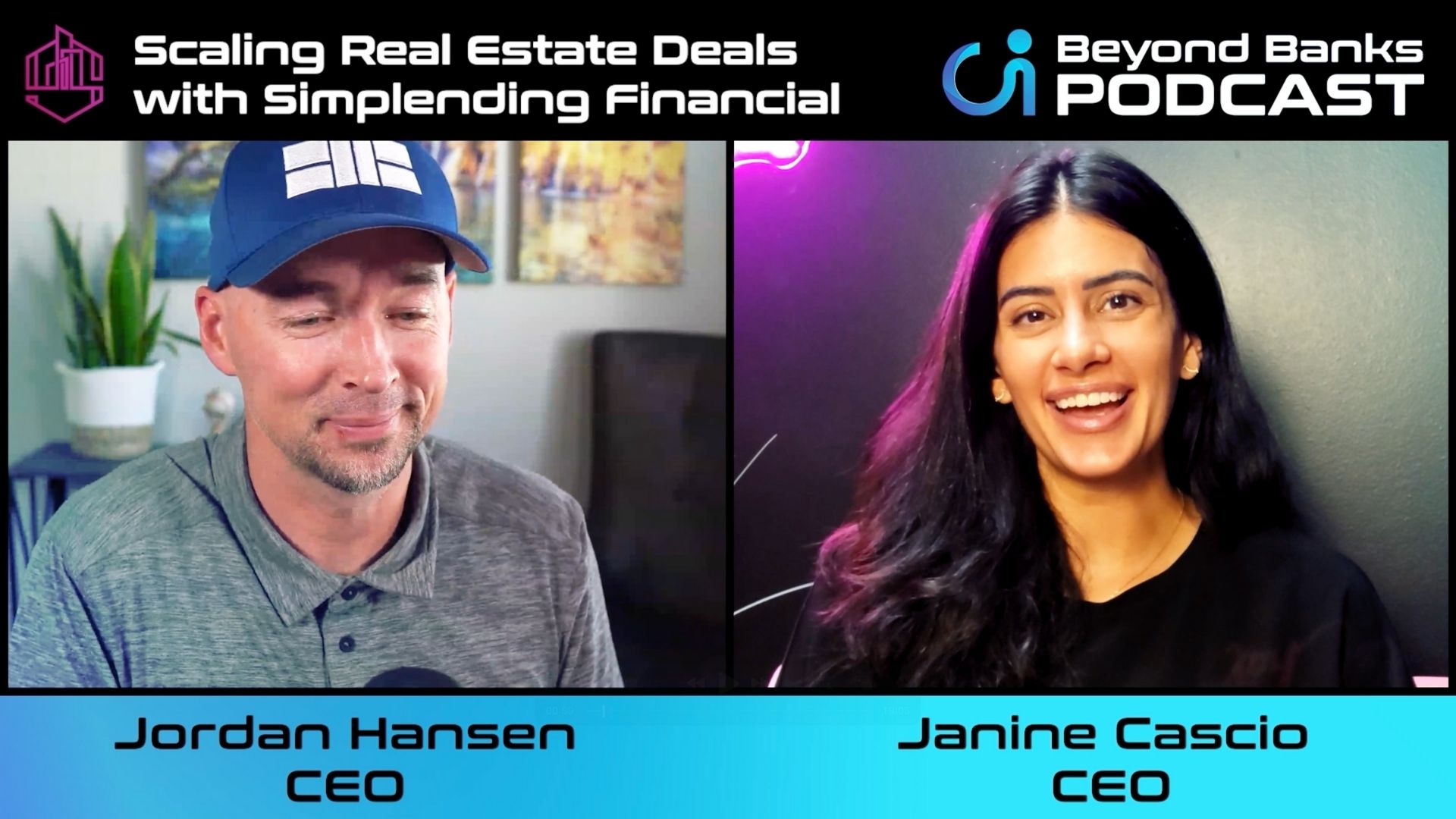
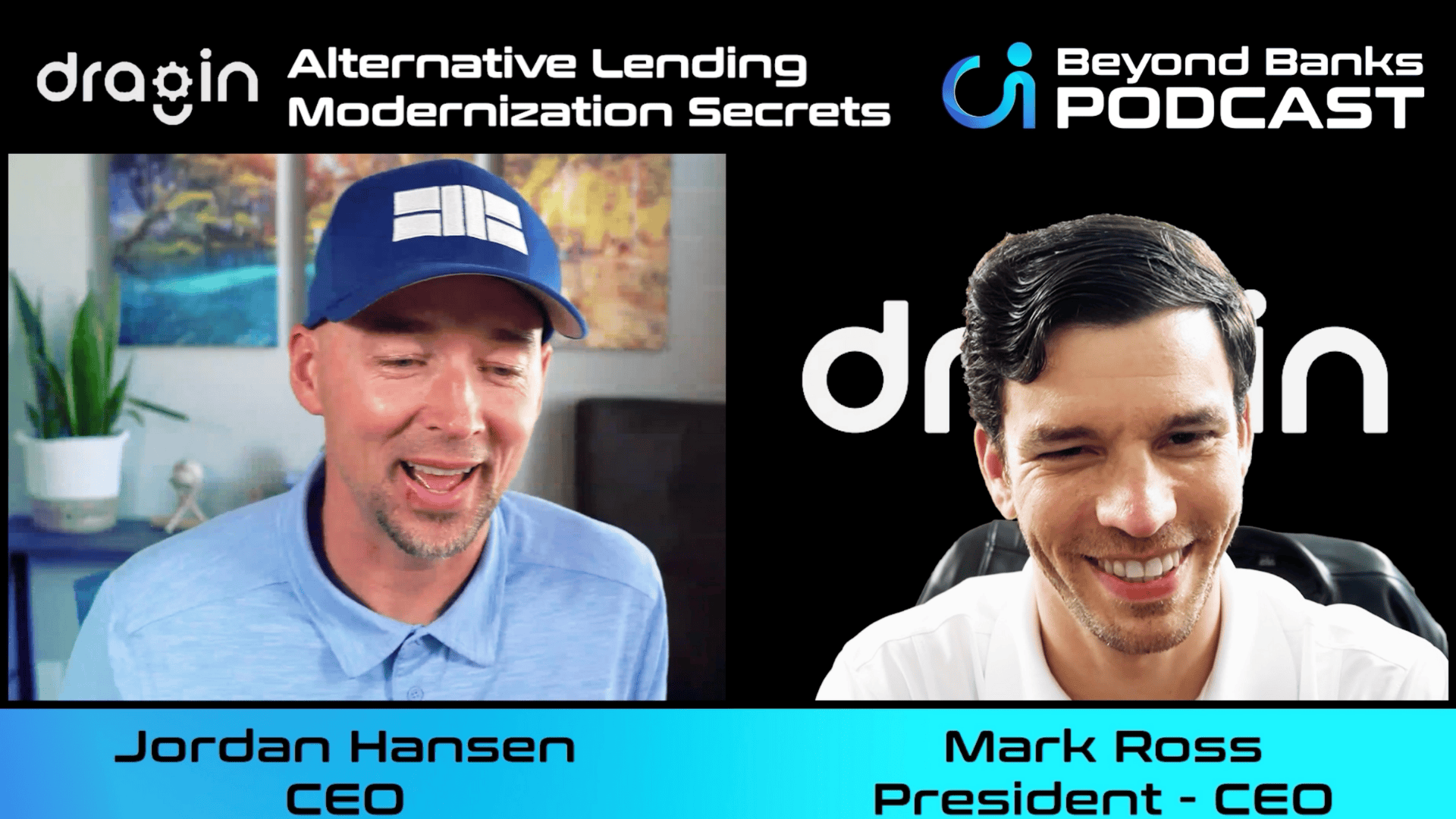
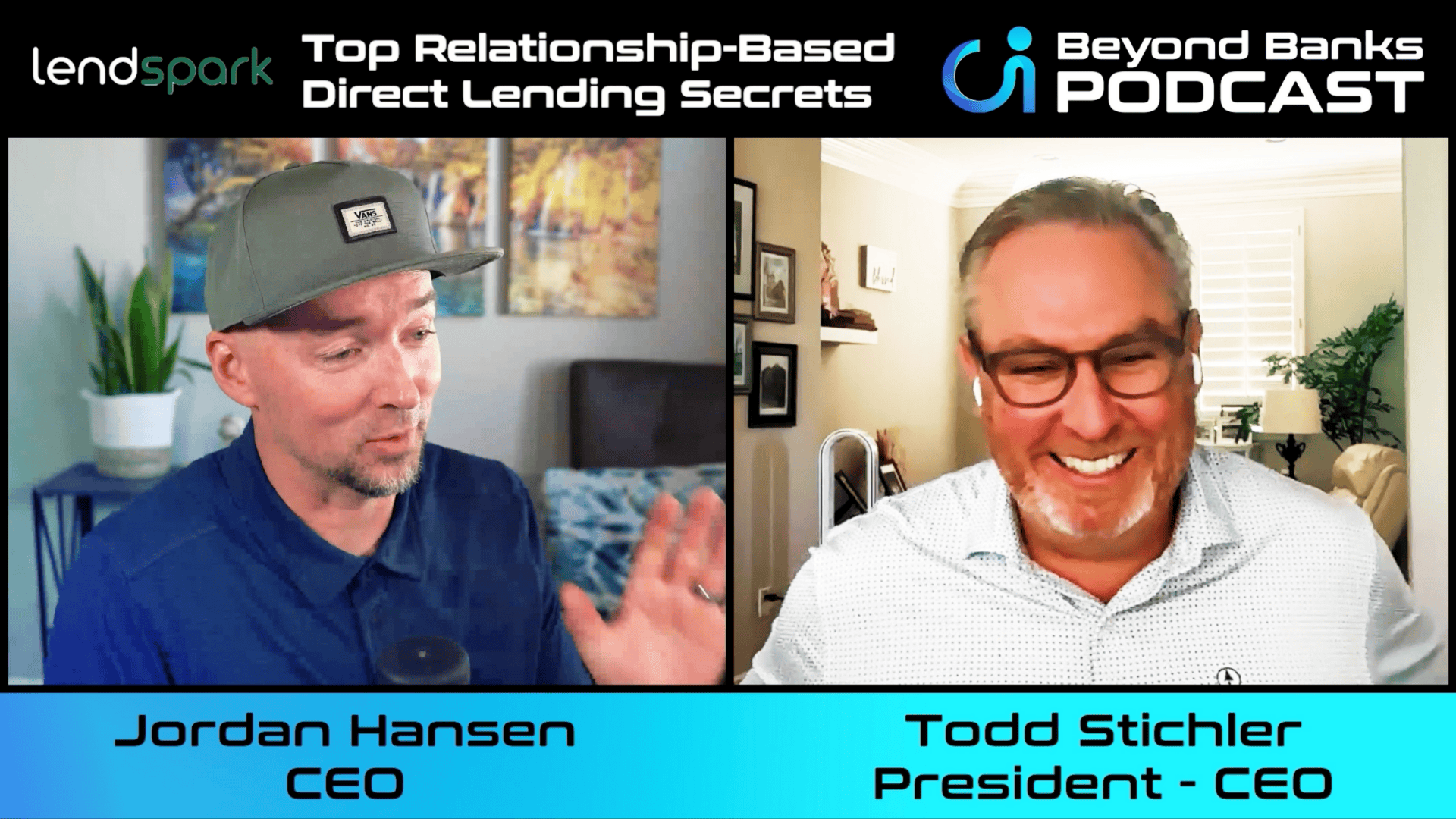
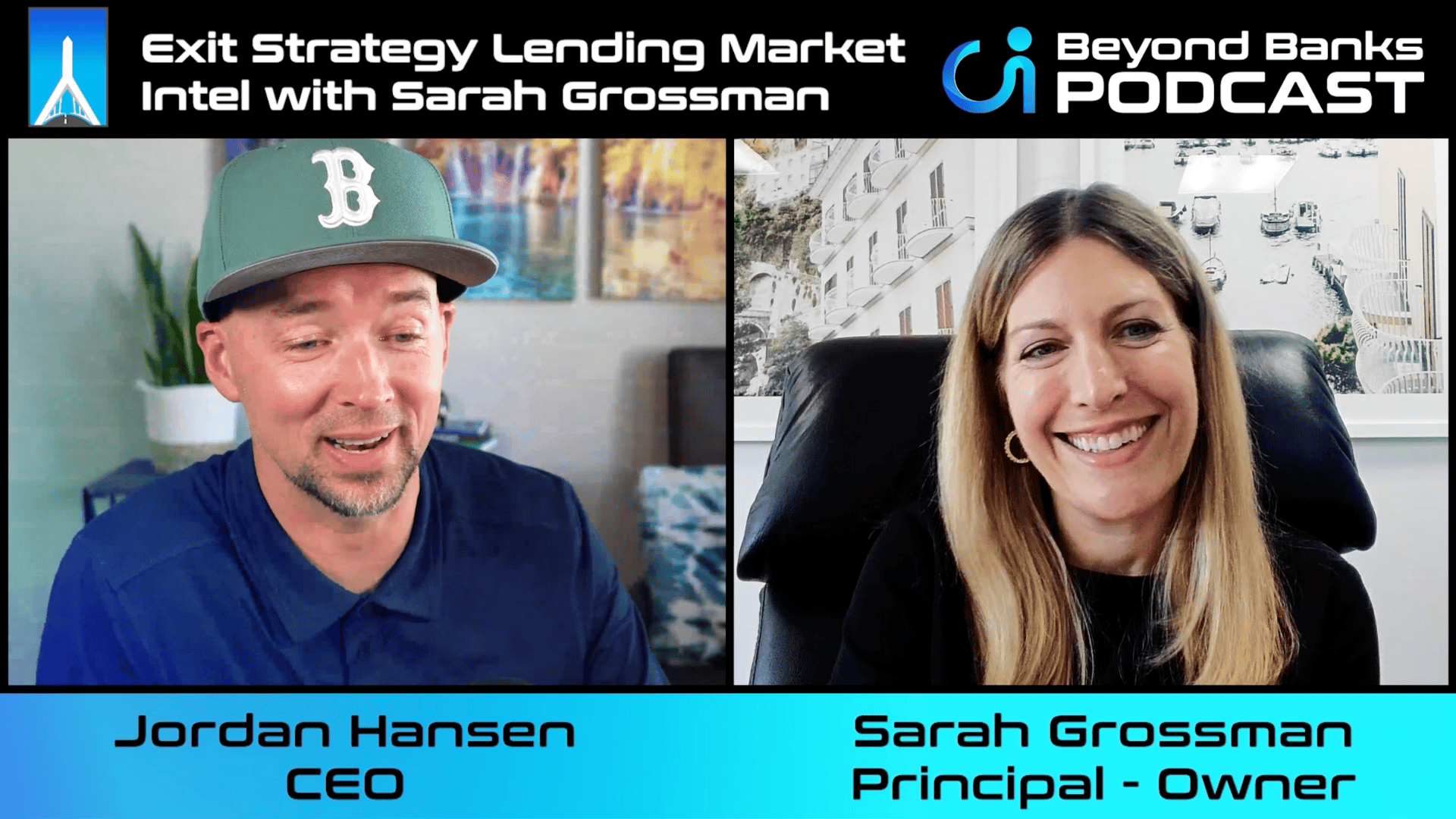
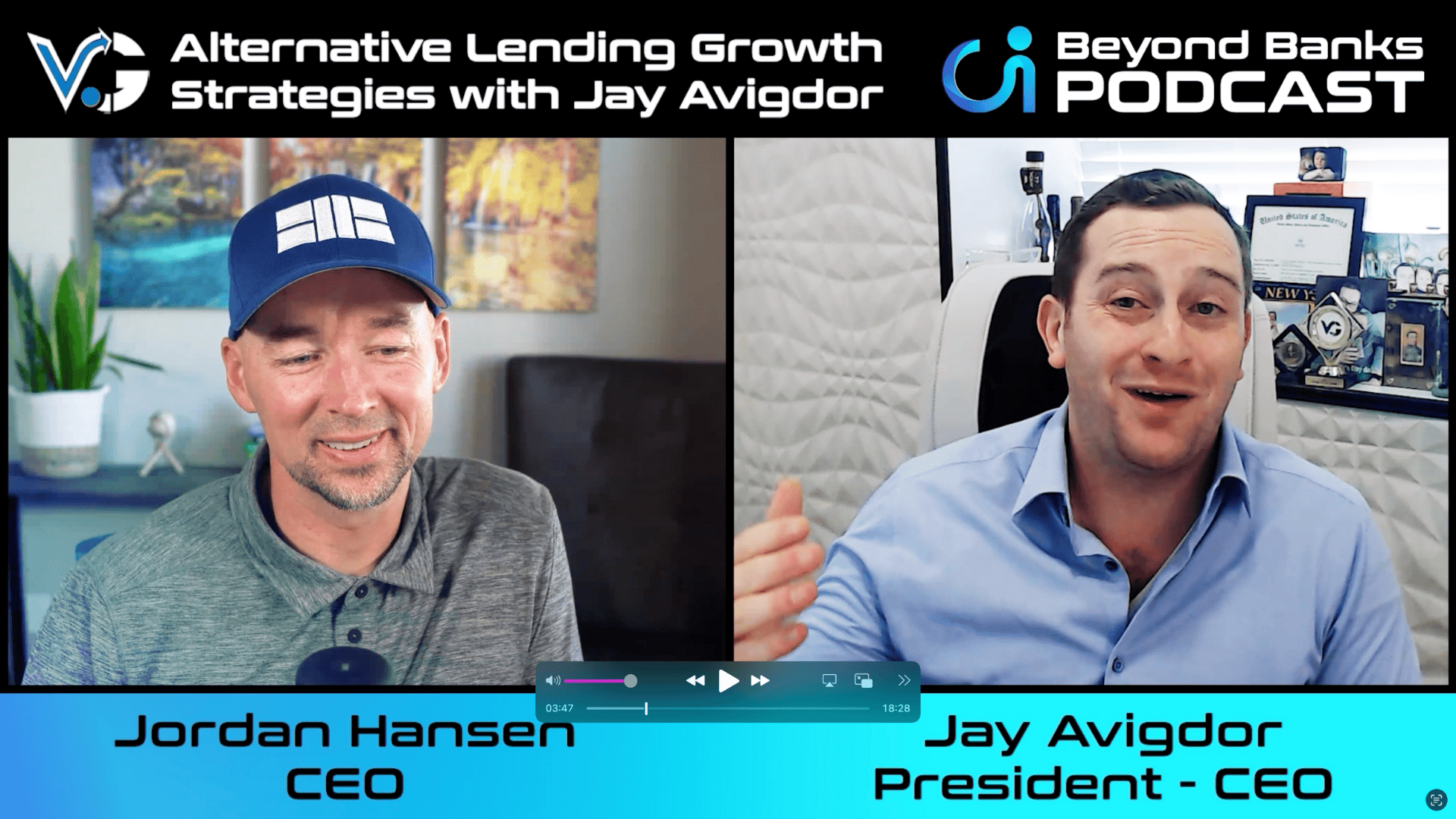
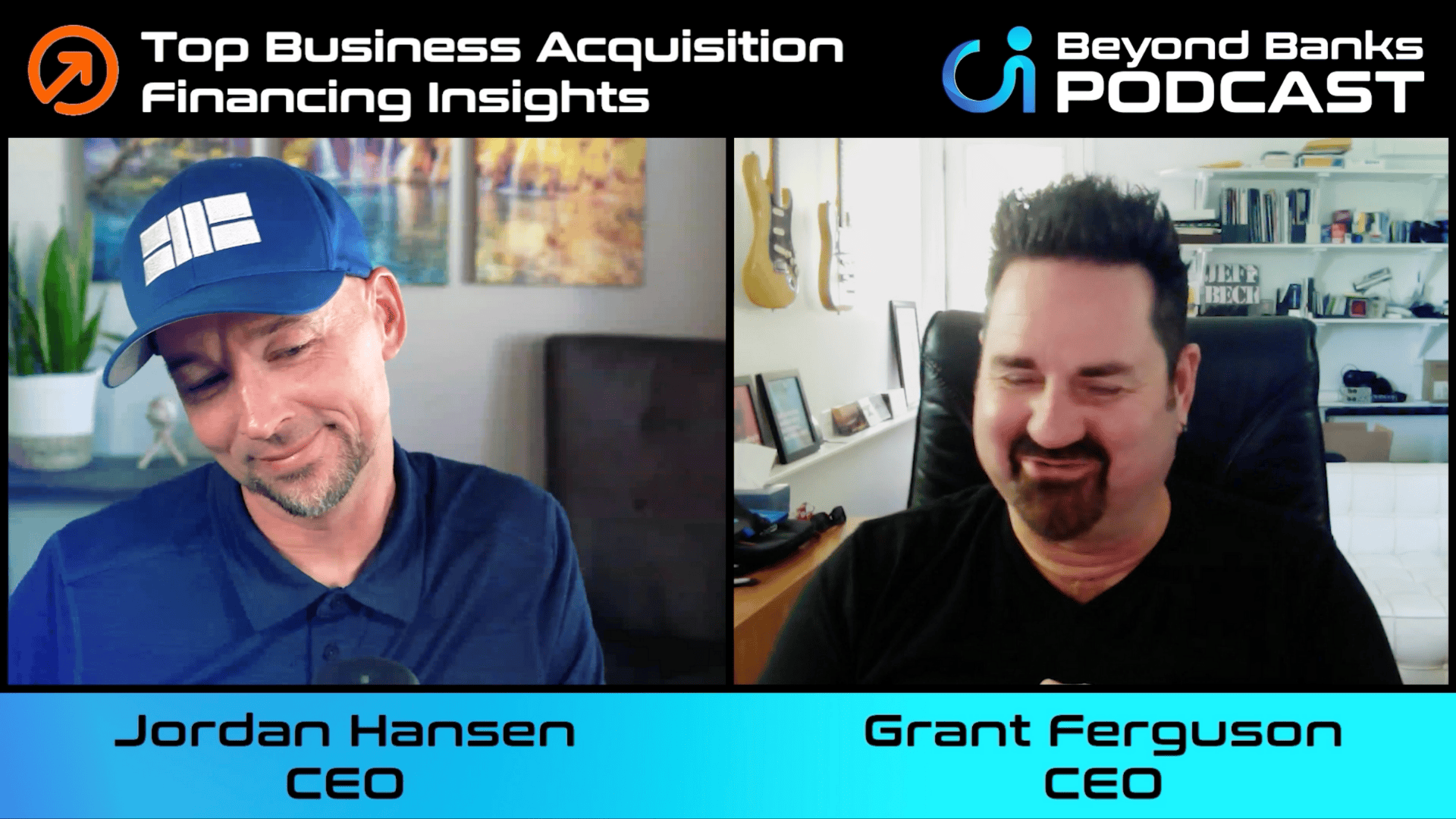
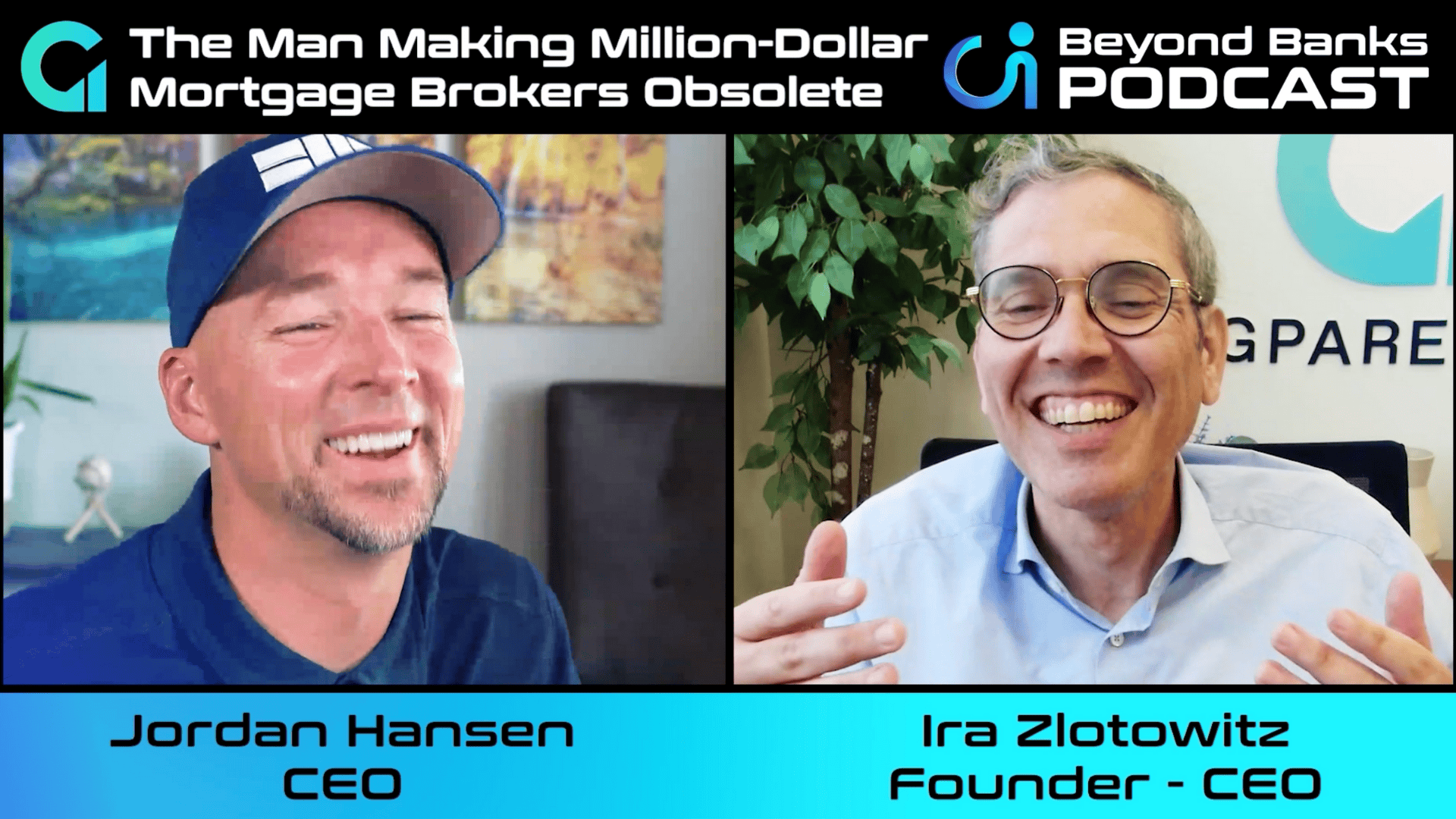
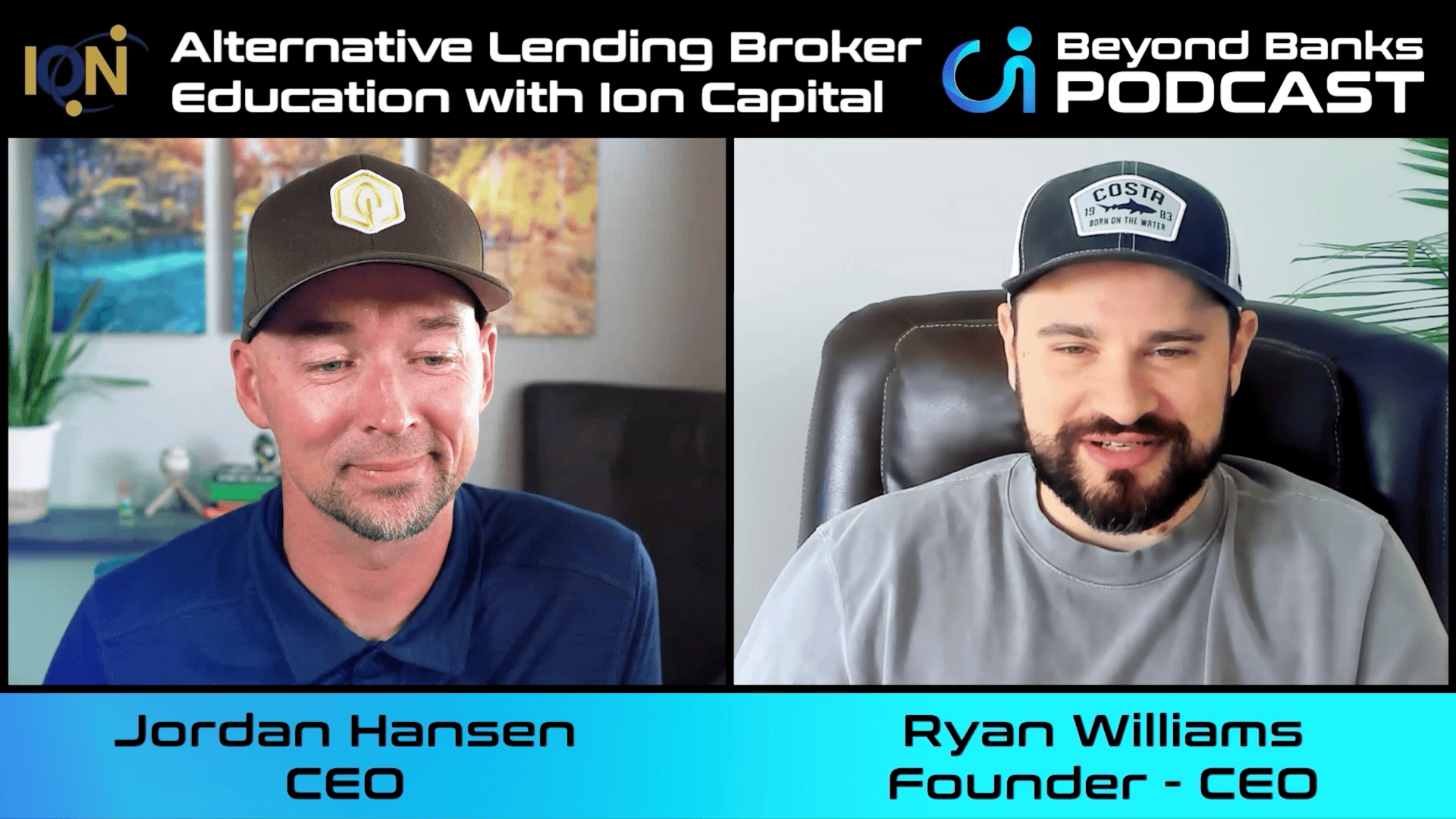
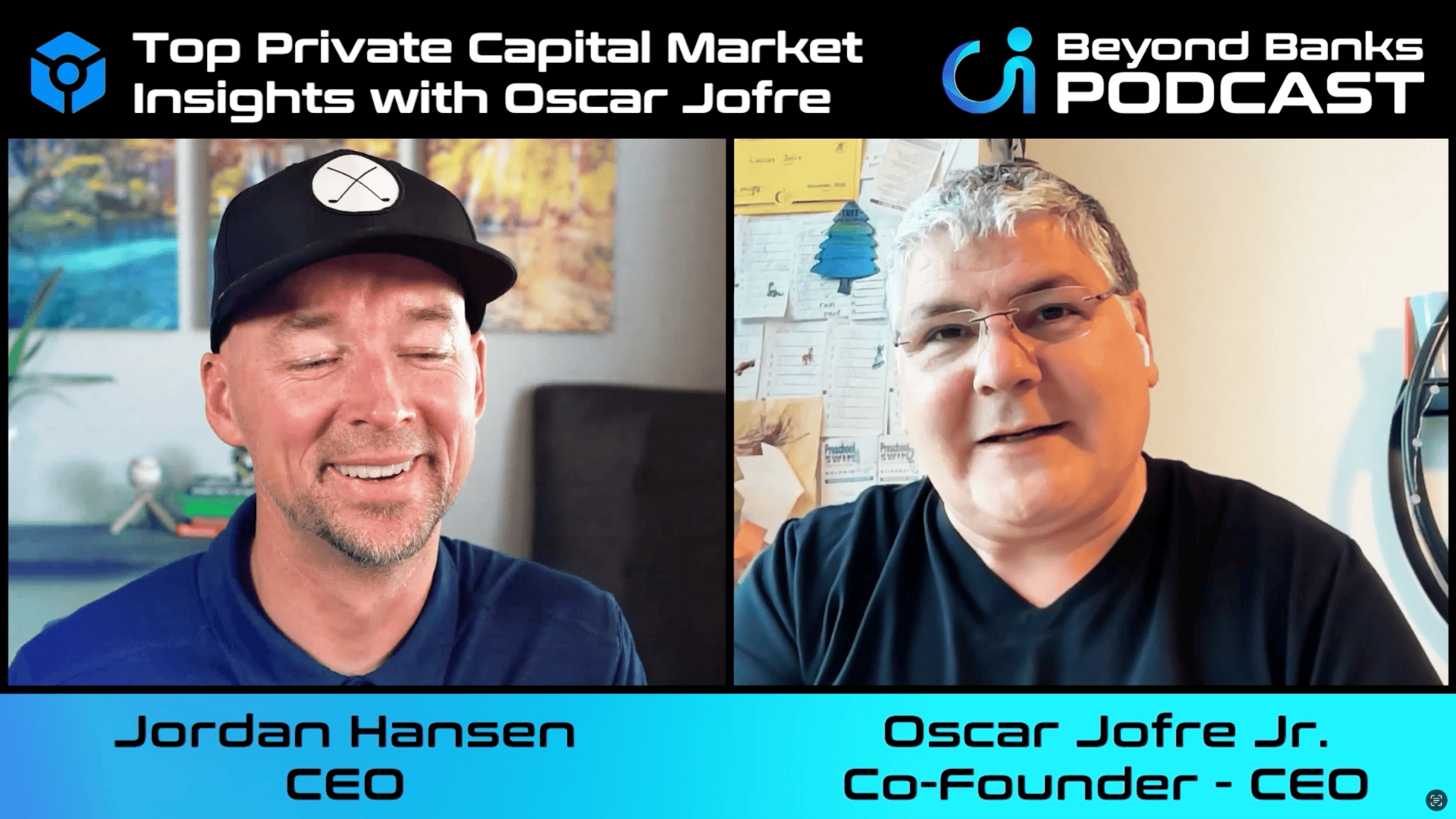

















.png)